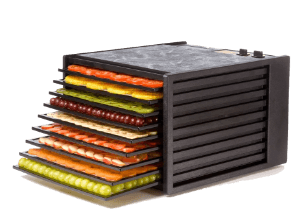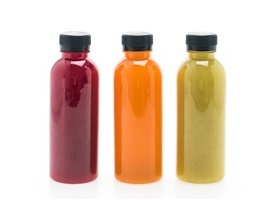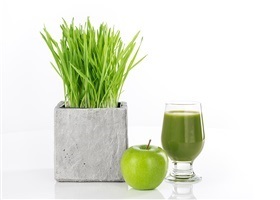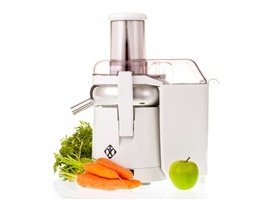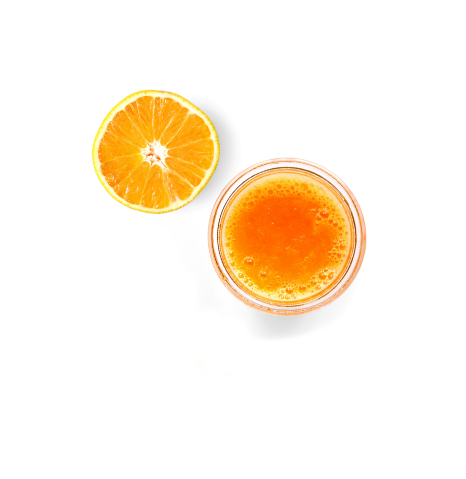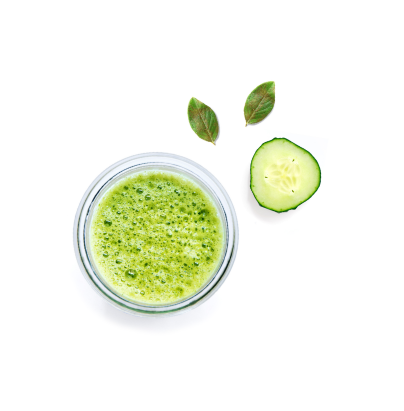Which Plant Based Milk Is Best?
Whether you’re cutting down on dairy for health or ethical reasons, or simply looking to experiment with different flavours, there’s a huge array of plant-based milk options on the market. However, many brands can be expensive and choosing the best option to suit your taste can be confusing. So rather than buy several cartons to try, why not have a go at making your own at home? With the right equipment, it couldn’t be easier – and it’s much more fun than buying it from a shop!
Here we look at which milks are best for different uses and needs.
Is it easy to make plant milks at home?
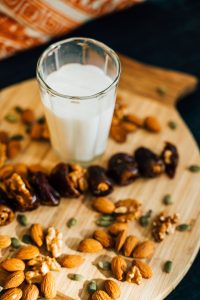
Yes! For nut-based milks, always choose raw, unsalted nuts without skins and soak overnight if possible. Then simply drain, rinse and blend with water and strain. You can experiment with different amounts of water and different soaking times to create just the right taste and texture for you. A vertical slow juicer is perfect for this – check out this video using a Nama J2 Cold Press Juicer to see just how easy it can be. A Kuvings Vacuum Blender is also a great choice.
To make one of the most popular plant milks, soya, simply throw some soya beans and water into our Soyabella Soya Milk Maker and you can have fresh milk in about 15 minutes. For rice milk, simply cook the rice (or soak for 2-3 hours) blend and strain.
Which plant milk tastes best?
That very much depends on individual tastebuds and how you consume the milk – whether in a drink, on breakfast cereal or in cooking, for example. Generally speaking, soya milk has the mildest flavour. Nut milks tend to be creamier and often have a slightly sweet flavour. Coconut milk adds a slightly tropical hint to any food it’s added to.
Which plant milk is best for tea and coffee?
If you like creaminess in your hot drinks, almond and hazelnut are a great choice and have a distinctive nutty flavour. However, as mentioned, if you prefer a milder taste, many find that soy milk is almost undetectably different to dairy. For those who love to get arty with their coffee, choose oat milk – it’s easy to froth and creates bigger bubbles than dairy so a little goes a long way. It’s worth noting that the acid in tea and coffee can cause some plant milks to split or curdle – warming your milk a little before adding it to your drink can help overcome the problem.
Can I use plant milks in baking?
Many plant milks work just as well as dairy in baking. It’s important to consider the taste though – creamy nut milks such as coconut, cashew and hazelnut have a sweeter flavour and could make your bake too sweet.
Which plant milk is healthiest?
Again, this very much depends on your individual needs and the type of diet you follow but here are some nutritional facts about different milks:
- Compared to other milks, almond milk contains the fewest calories. What’s more, almond, as well as cashew milk is also a good source of Vitamin E which is important for healthy skin, eyes and the immune system.
- Oat milk contains beta glucans, which is a type of soluble dietary fibre known for having a lowering effect on ‘bad’ cholesterol.
- Rice milk is very low in fat and saturated fat, although compared to other plant milks, it has a high carbohydrate, and therefore sugar content. It’s important to be aware that rice milk is unsuitable for children under five as it contains arsenic levels which, although fine for adults, are unsafe for small children.
- Soya milk is generally lower in calories than semi-skimmed milk and is low in saturated fat.
- Coconut milk contains anti-inflammatory, anti-microbial and anti-fungal properties which can help to protect the body against infections.
- All plant-based milks are lactose free so are a safe alternative for people with lactose intolerance.
So why not try making your own milks? We’d love to see what you come up with – be sure to post a picture and tag us on Facebook, or Instagram
 Register / Login
Register / Login 





